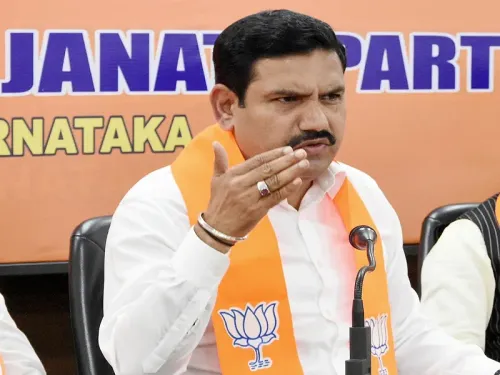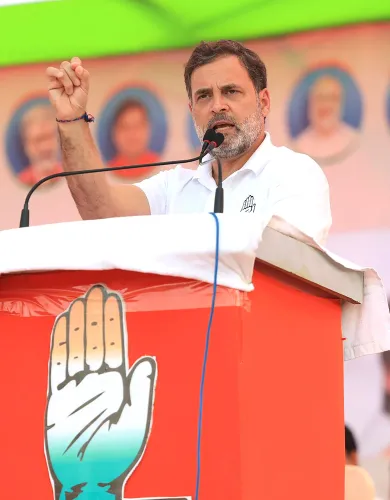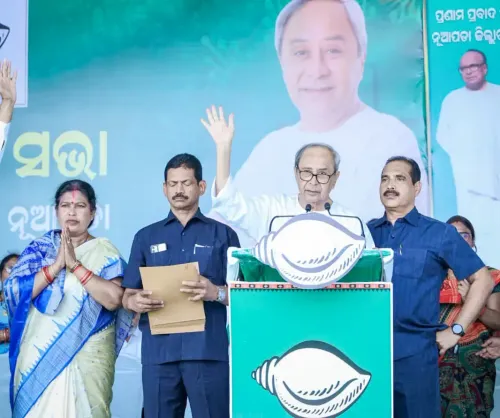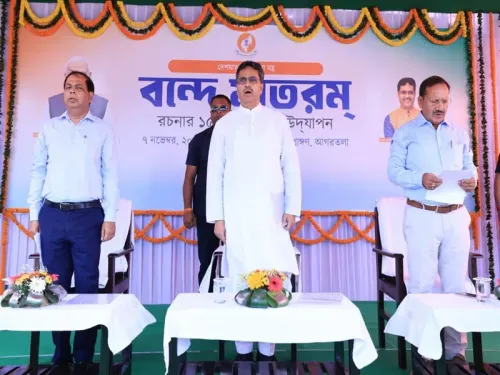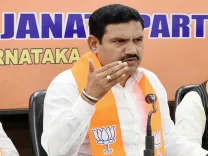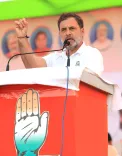Supreme Court Extends Anticipatory Bail for GST and Customs Offences
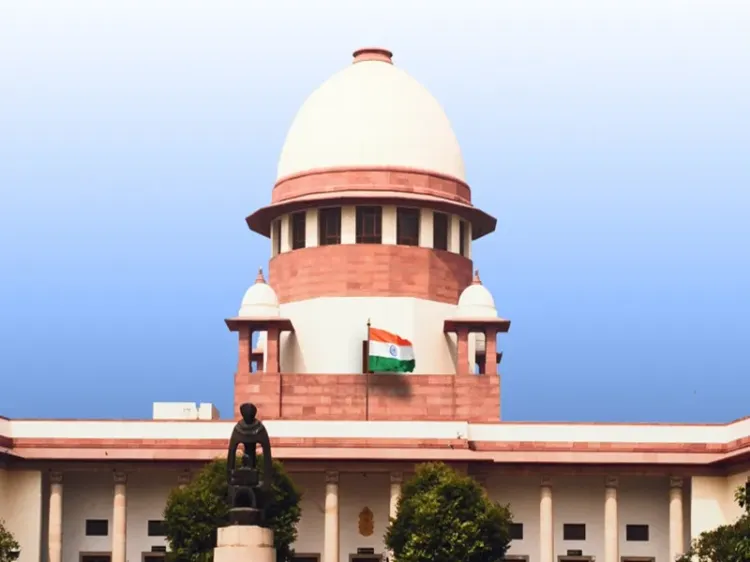
Synopsis
Key Takeaways
- Anticipatory bail provisions now apply to GST and Customs Act offences.
- Individuals can seek pre-arrest bail before FIR registration.
- Arrests under GST should be based on credible evidence, not routine.
- Supreme Court upheld constitutional safeguards during arrests.
- Previous rulings limiting bail powers have been overturned.
New Delhi, Feb 27 (NationPress) The Supreme Court has on Thursday broadened the scope for anticipatory bail concerning violations of the Central Goods and Services Tax Act and the Customs Act, enabling individuals to apply for pre-arrest bail even prior to the filing of an FIR.
A three-judge panel, which included Chief Justice of India Sanjiv Khanna, alongside Justices M.M. Sundresh and Bela Trivedi, concluded that the provisions outlined in the CrPC, along with the new legislation, Bharatiya Nagarik Suraksha Sanhita (BNSS), regarding anticipatory bail, will be applicable to those detained under the Customs and GST Acts.
The Supreme Court indicated that Section 69 of the GST Act permits arrests only in severe cases involving tax evasion or fraud that surpass defined monetary limits. It emphasized that arrests made under the GST Act should not be commonplace and must be justified by credible evidence.
The highest court stated that there is no room for undermining the built-in protections under Article 21 and Article 22 during arrests made under both the GST Act and the Customs Act.
On Thursday, the Supreme Court overturned a previous ruling made by a two-judge bench in the case of State of Gujarat versus Choodamani Parmeshwaran Iyer, which had asserted that the authority to arrest under the GST Act is statutory and should not be routinely challenged by High Courts through writ jurisdiction.
The court was examining a collection of petitions contesting the constitutionality of Sections 69 and 70 of the GST Act, having reserved its judgment since May 16 of the previous year.
The petitioners argued that the punitive measures in the Customs Act and the GST Act were incompatible with the Code of Criminal Procedure (CrPC) and the Constitution.
The primary petition was initiated by Radhika Agarwal in 2018.

